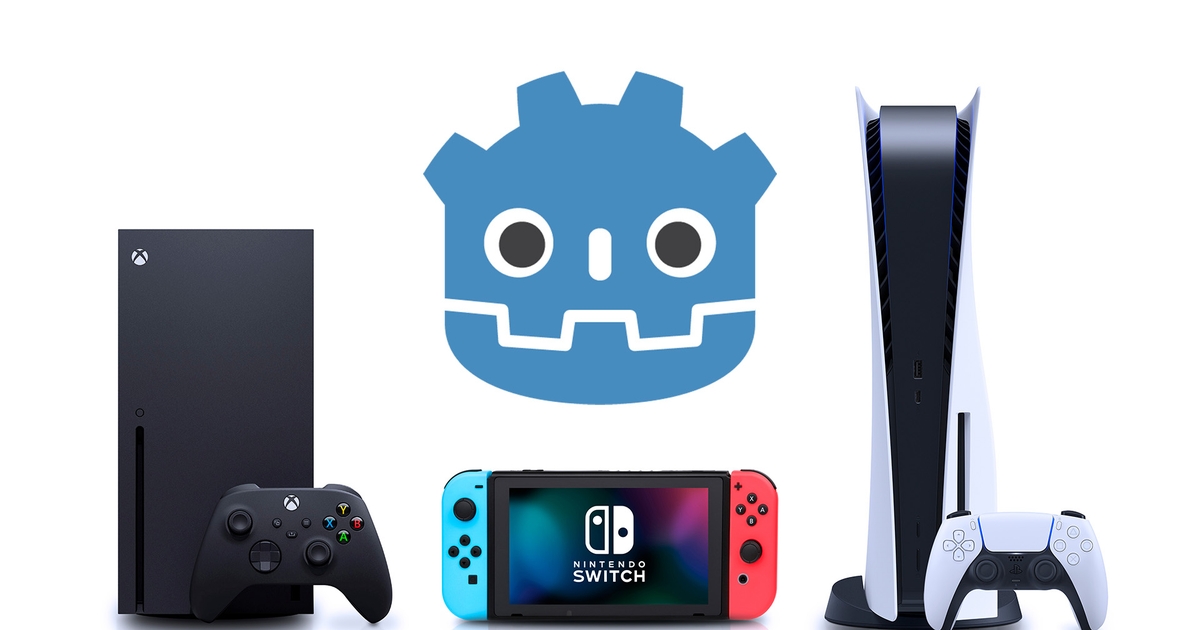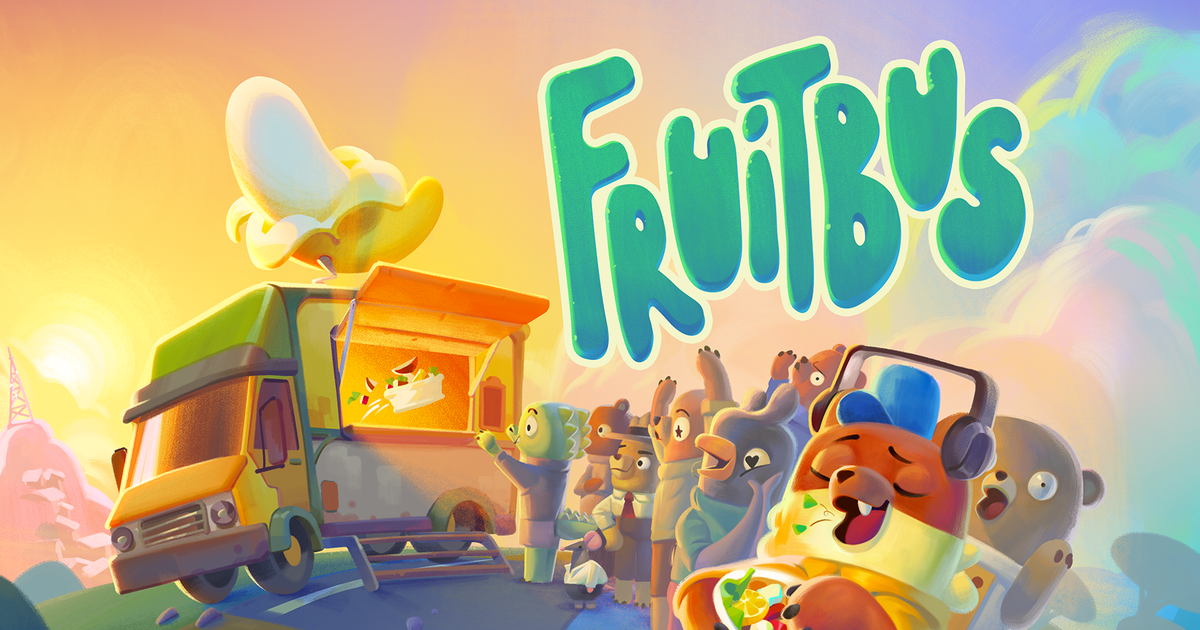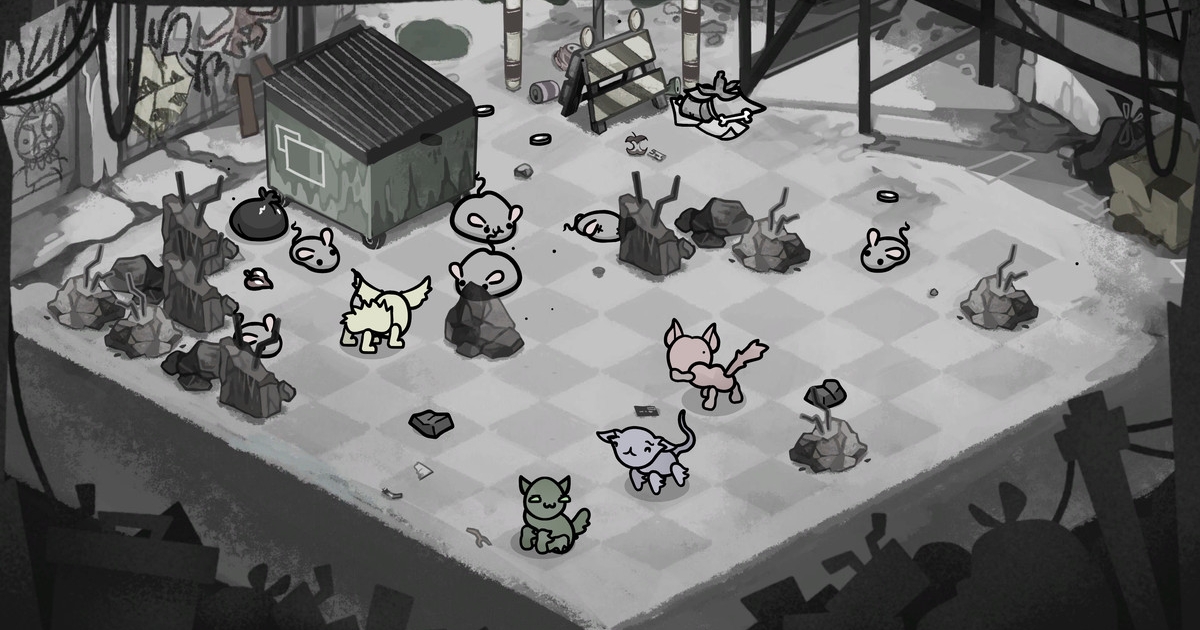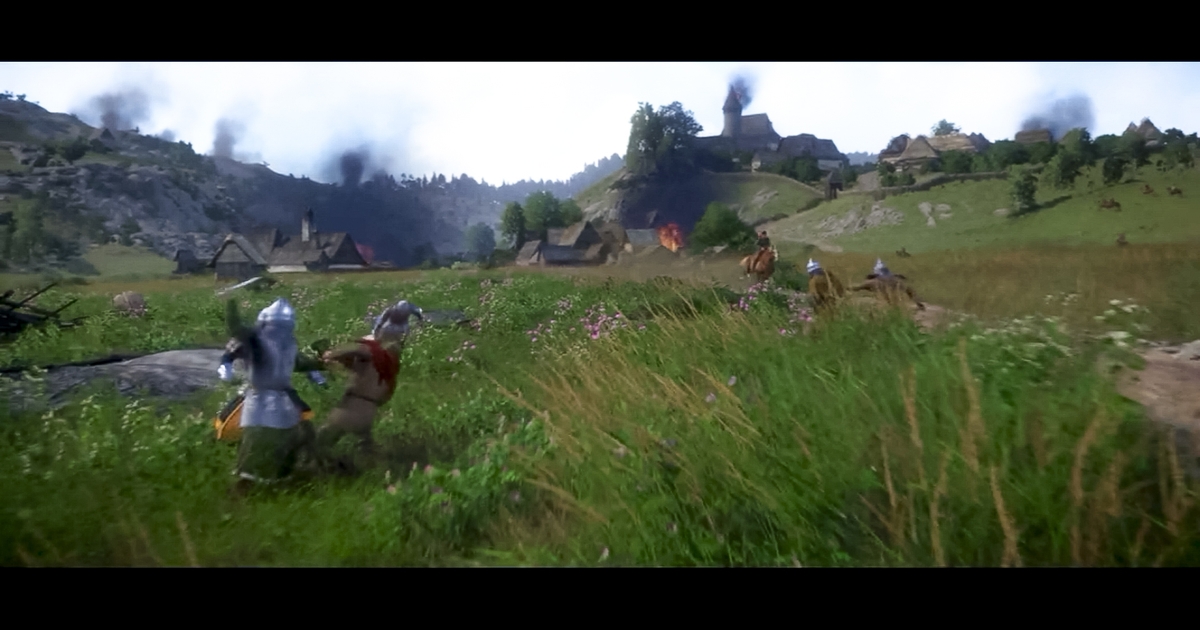
September 9, 2024

At a Glance
- Though developers have picked up open-source engine Godot, they’ve struggled with difficulties porting to consoles.
- Godot can’t support native console porting because of Nintendo, Sony, and Microsoft’s proprietary software.
- W4 Games was established to provide console-friendly tools and act as a liability barrier for developers.
Developers working in Godot who want to port their game to the Nintendo Switch, PlayStation 5, or Xbox Series X|S have some welcome news today: according to W4 Games vice president Simon Jones, the company led by Godot founders Rémi Verschelde and Juan Linietsky will be shipping console porting and other platform-interfacing tools as early as October.
That means developers who’ve been reluctant to switch engines in the wake of Unity’s Runtime Fee debacle due to the lack of porting solutions will have more choices available to them in the near future.
Developers not familiar with Godot’s strengths and limitations may wonder why this is newsworthy information. As it turns out, Godot’s open-source foundations created an environment where voting on updates to the engine was a million times easier to manage than software for porting to proprietary consoles. In a conversation at Gamescom 2024, Jones, Verschelde, and Linietsky laid out why Godot hasn’t possessed any porting capabilities up to this point, why the team formed a separate company to develop the necessary tools, and how these challenges will impact the future of the increasingly popular game engine.
Open-source engines like Godot can’t publicize propriety code
There’s a little bit of “fine, I’ll do it myself” at the heart of W4 Games. Verschelde and Linietsky explained to Game Developer that the company is structured like Red Hat. It’s a developer of Godot-friendly tools for corporations that both provides critical professional services and acts as a liability shield between platforms and developers.
The pair said they hadn’t set out to make such a corporation as Godot’s userbase grew. They’d hope someone else would pick up the slack…but then no one did, and Unity’s Runtime Fee catastrophe sent a huge number of developers scrambling for new solutions.
So the pair—who are intimately familiar with Godot and recruited a team of programmers familiar with all major consoles—set up W4 Games. Nothing is stopping anyone else from setting up a similar company, but now the pair can get developers shipping on consoles as soon as possible.
Developers unfamiliar with the nuances of porting may still ask why these tools weren’t built into Godot directly. According to Linietsky, there were two reasons: liability, and use of resources.
The liability angle is a critical point. Godot is an open-source engine, and console platforms are built on “completely closed” technologies guarded by strict non-disclosure agreements. “Here’s a simple example,” he said. “Imagine somebody gets some GPL license code into the engine, then a company uses it and makes a game and publishes on PlayStation—and the GPL licenses say they have to be open source, but consoles are completely secret.”
“This will do a lot of damage to a company like Sony, Nintendo, or Microsoft, and then the person who put that in there. The person or company that published that is going to have to take on a massive amount of liability.”
Developers working on proprietary engines, as well as the teams at Unity and Unreal, build close relations with console manufacturers to ensure their games are optimized on the various platforms. If the Godot Foundation took on that liability itself, it could leave the nonprofit in a precarious state.
That wouldn’t be the only challenge the Foundation faced. If it had to pay the salaries for W4’s (deservingly well-paid) engineers, that would be money it couldn’t devote to features at the core of the engine, and a large amount of work would have to be done to protect the interests of console makers in the future.
As with other companies licensing Godot, W4 will be able to share some technical solutions back with the community, and help further the engine’s core development. It’s already working with Marvel Snap developer Second Dinner on its next game, and the developer has publicly pledged to support the engine.
What does it mean for Godot’s founders to run a for-profit company?
Developers uncomfortable with Verschelde and Linietsky’s dual roles at W4 Games and on the Godot Foundation board have legitimate concerns—concerns so valid the duo raised them in our conversation without prompting. If they, the founders of Godot, who sit on the board of the nonprofit, are operating a for-profit company, aren’t there concerns about conflict of interest?
Possibly. Some developers may nurse that concern for a long time. The pair explained they don’t intend to abuse this connection, but more importantly, they and other Godot Foundation members laid groundwork to make sure W4 is never the “owner” of Godot.
The Godot Foundation itself has strong conflict-of-interest policies, they said, and it already takes an open-source, community-driven approach to engine updates. W4 Games has promised to bring as many tools as it can back to the open-source community, only keeping the proprietary tech protected by NDAs locked behind closed doors.
But if something were to go wrong, the pair hope that Godot’s open-source nature will be what keeps it from crashing and burning. “If the Foundation were to become corrupt or something, [developers] would just fork the project and start another foundation,” said Linietsky. “There isn’t any real risk of a commercial company taking over.”
Jones added that W4 Games wants to mirror the Godot Foundation’s mission and “democratize” porting and other development tools as much as possible.
However you slice it, Verschelde and Linietsky have taken on a lot of responsibility in the game development community, shepherding in a popular new game development tool and assuming the task of expanding its commercial viability. It will take a steady set of hands and clear-eyed view of software development to make sure the fruits of their labor don’t turn sour.
Read more about:
InterviewsFeaturesTop StoriesGodot
About the Author
You May Also Like





